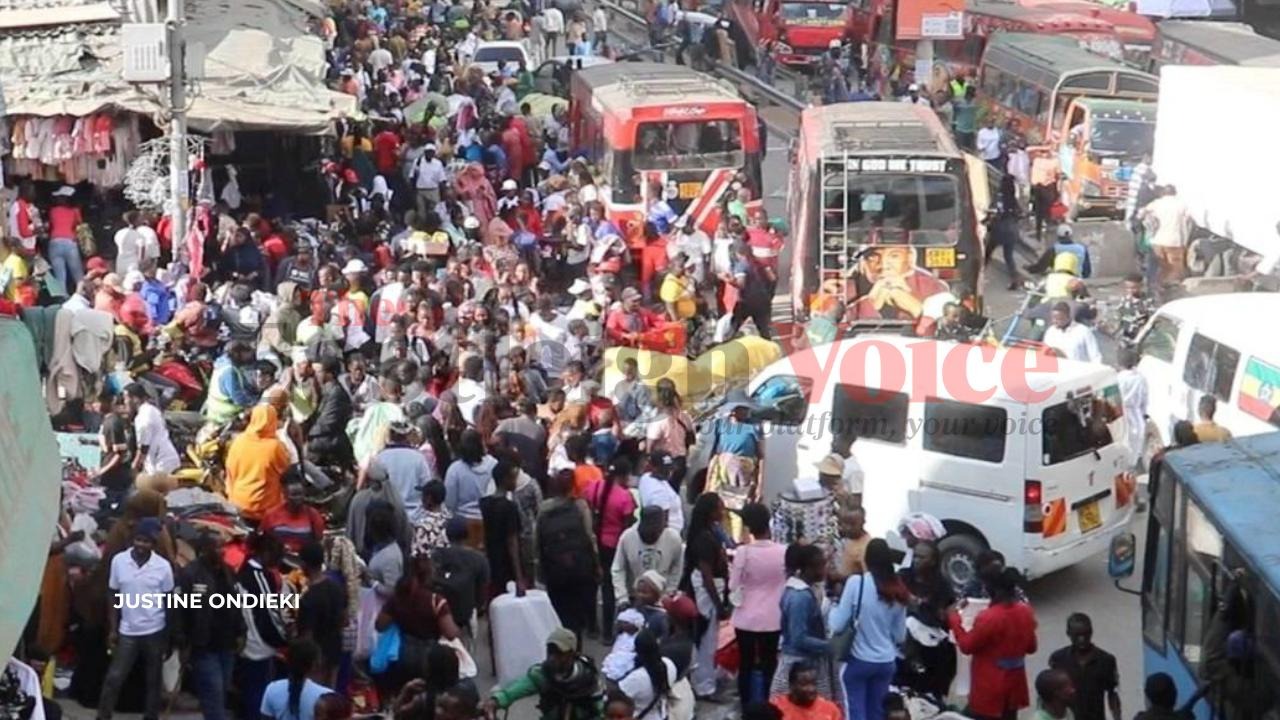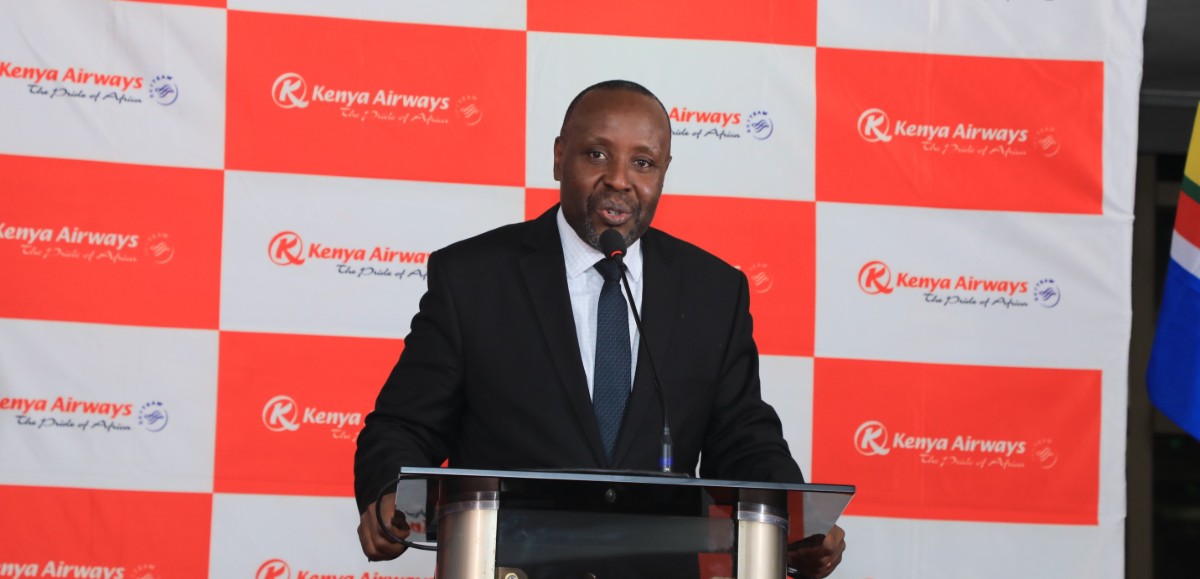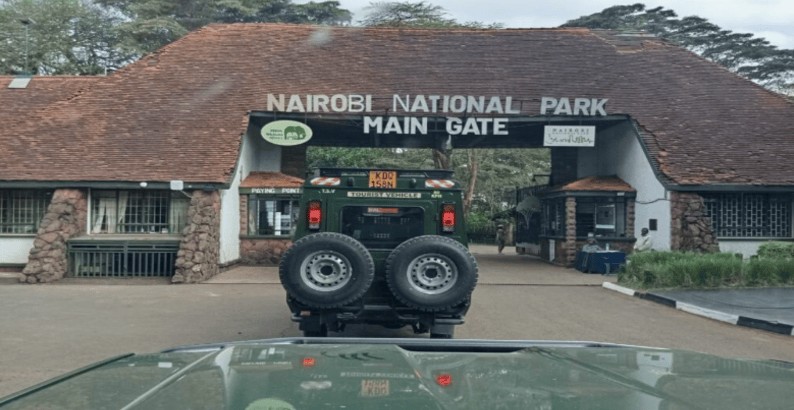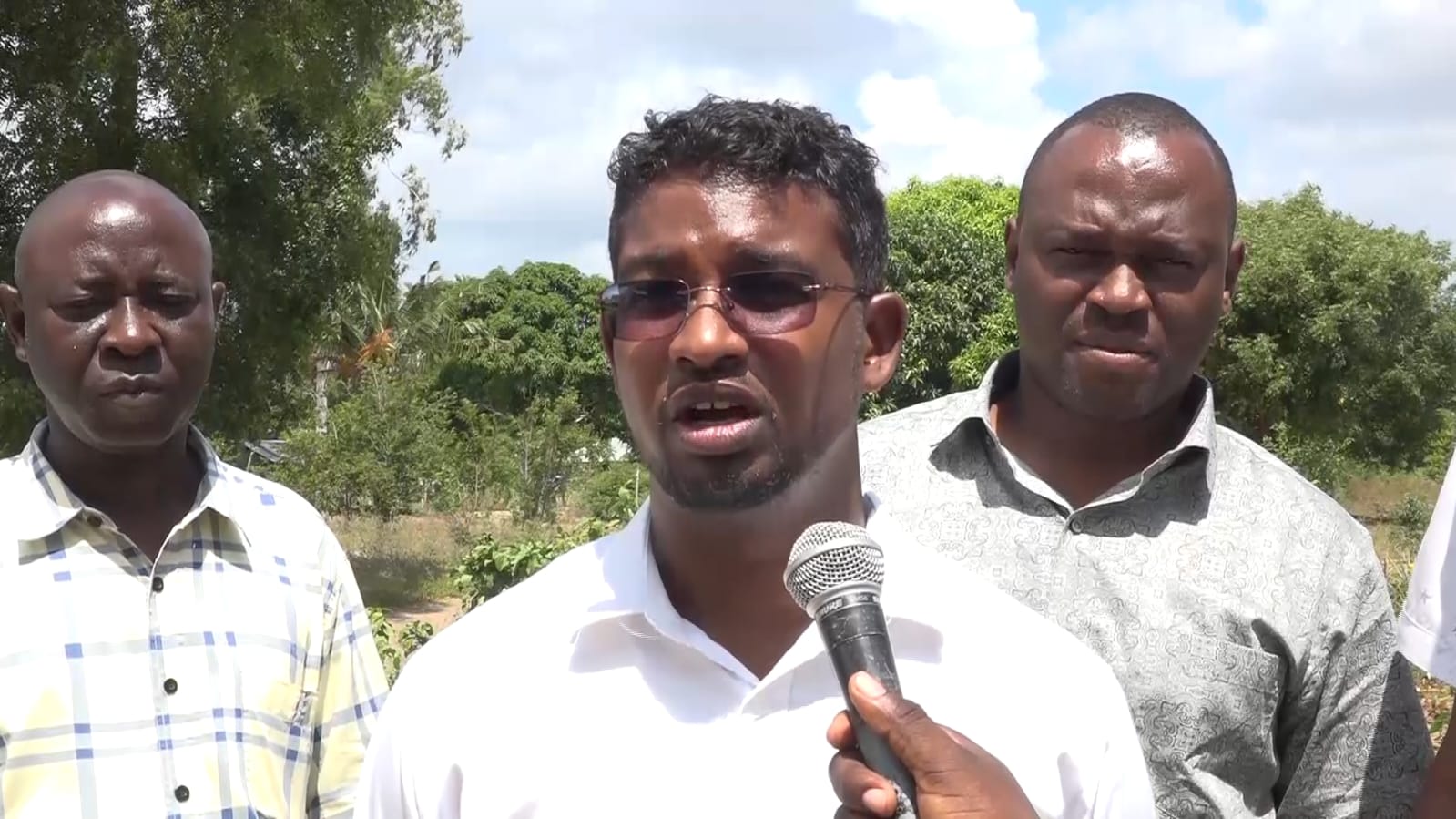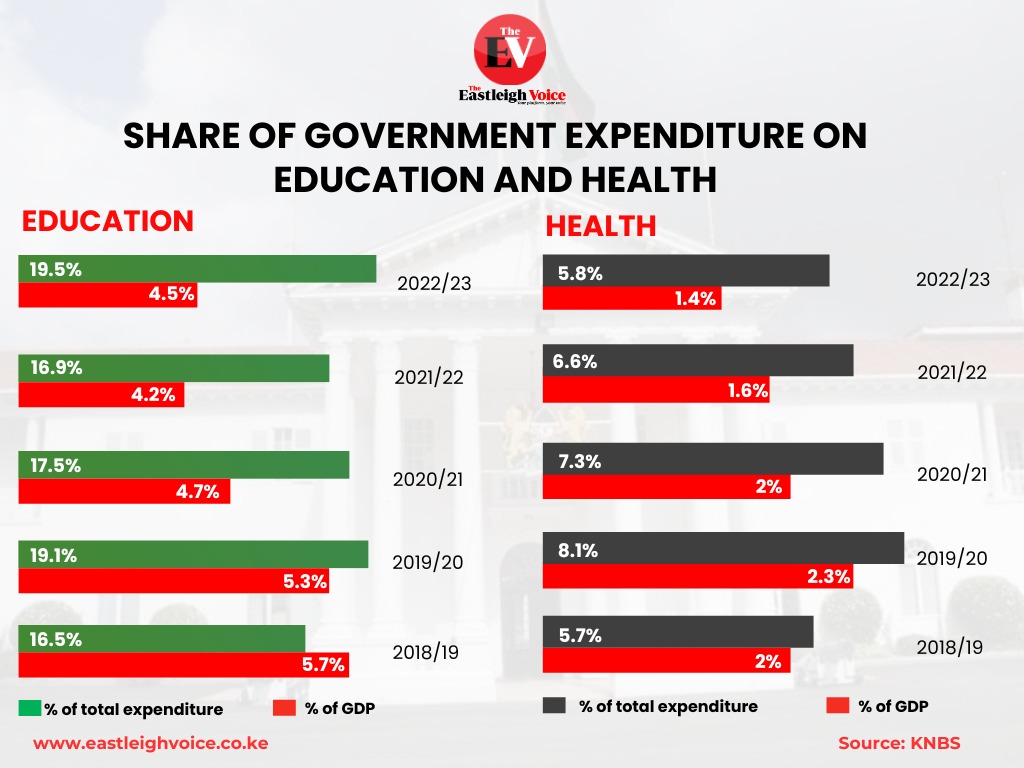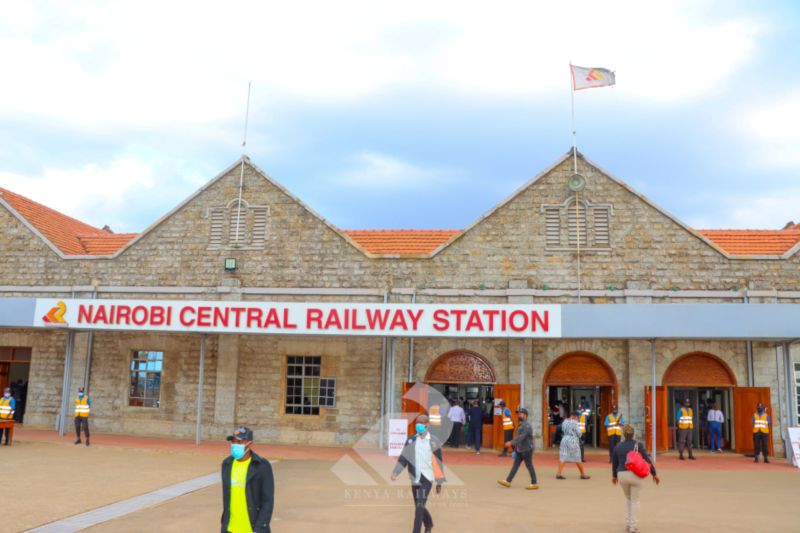Audit uncovers Sh13 billion irregularities in Ketraco wayleave payments
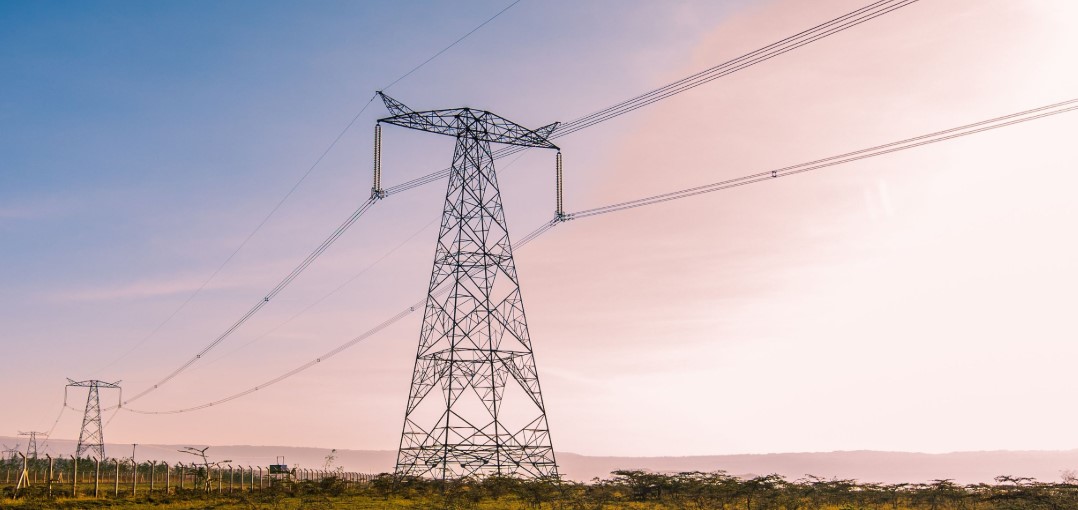
The audit reveals that numerous payments were made without proper documentation, while some land valuations were inflated, raising questions about governance and compliance.
A recent forensic audit presented to Parliament has uncovered extensive irregularities in the Kenya Electricity Transmission Company (Ketraco) wayleave compensation program, which has seen payments totalling Sh12.99 billion over 13 financial years.
Auditor-General Nancy Gathungu’s report, covering 2010/11 to 2022/23, shows that the total project was allocated Sh17.02 billion, leaving Sh4.03 billion unpaid.
More To Read
- Government falls behind on Sh1.2 billion pension contributions
- Construction of Kenya’s first PPP-funded transmission lines set for August 2026
- Kenya Power faces critical staff shortages as over 2,700 employees to retire by 2026
- Kenya sets ambitious energy expansion with new national policies and transport financing
- Only two of 63 performance audits discussed by MPs since 2012 - Auditor General
- Consumers to get more units for less as electricity tariffs decline
The audit reveals that numerous payments were made without proper documentation, while some land valuations were inflated, raising questions about governance and compliance.
The audit set out to confirm the accuracy of long-pending compensation claims and examine whether Ketraco followed legal requirements.
It found glaring discrepancies between the Resettlement Action Plans and actual payments, irregular land revaluations, overpayments, and instances where compensation was issued without proper approval or supporting evidence.
The report also highlighted the absence of policies guiding renegotiations and land valuation processes, as well as irregular engagement of valuers.
“Electricity transmission infrastructure is vital for national energy security and economic development. Wayleave compensation ensures fair and lawful payments for land, crops, and structures affected by transmission projects,” the report states.
However, it warns that persistent arrears and weak internal controls expose the government to delays, litigation, and financial losses.
Several donor-supported transmission lines were examined, including the Olkaria-Lessos-Kisumu (OLK) line, costing Sh5.58 billion, with Sh2.27 billion yet to be disbursed.
Other projects include the Ethiopia-Kenya line (Sh2.62 billion, Sh2.31 billion settled), the Kenya-Tanzania line (Sh1.64 billion, Sh1.3 billion settled), the Kenya-Uganda line (Sh1.84 billion, Sh478.7 million unpaid), and the Turkwel-Ortum-Kitale line (Sh865.3 million, Sh650.8 million settled).
The Nairobi Ring (Suswa-Isinya) project has Sh146.36 million remaining unpaid out of Sh2.2 billion, while the Kenya Power Transmission System Improvement Programme shows Sh263.68 million pending. The Machakos-Konza line has paid Sh29.81 million out of Sh55.4 million.
The audit highlights a major variance in the Nairobi Ring project, where the Resettlement Action Plan estimated Sh283.1 million for resettlement, but the final compensation reached Sh2.2 billion; an increase of Sh1.9 billion.
The report suggests that this spike may have resulted from inadequate planning and budgeting in the early stages.
In the Kenya-Uganda transmission line, Sh17.8 million was paid to 65 project-affected persons who had rejected offer letters, a move deemed inappropriate since compensation should follow acceptance and agreement execution.
The OLK line also saw 19 parcels of land, initially valued at Sh27.9 million, paid Sh41.73 million, an excess of Sh13.9 million, without proper revaluation documentation.
The audit further reveals that Ketraco lacked a framework for land revaluations, and that 58 parcels along the Kenya-Tanzania line were overcompensated by Sh133.4 million.
Fourteen parcels had their value renegotiated from Sh65.9 million to Sh128.63 million without clear evidence of open market-based assessments.
The report also notes that M/s Realmast Limited, used for valuation work, was not pre-qualified as required under the Public Procurement and Asset Disposal Act, 2015-2017.
Only 259 out of 3,132 affected land parcels were sampled and valued, with no documented criteria, making it impossible to verify accuracy and authenticity.
Three unapproved valuation schedules worth Sh314.73 million resulted in Sh49.02 million being paid. Additionally, irregular top-ups were paid in the Nairobi Ring project, underscoring weak oversight and the risk of further financial loss.
Top Stories Today
